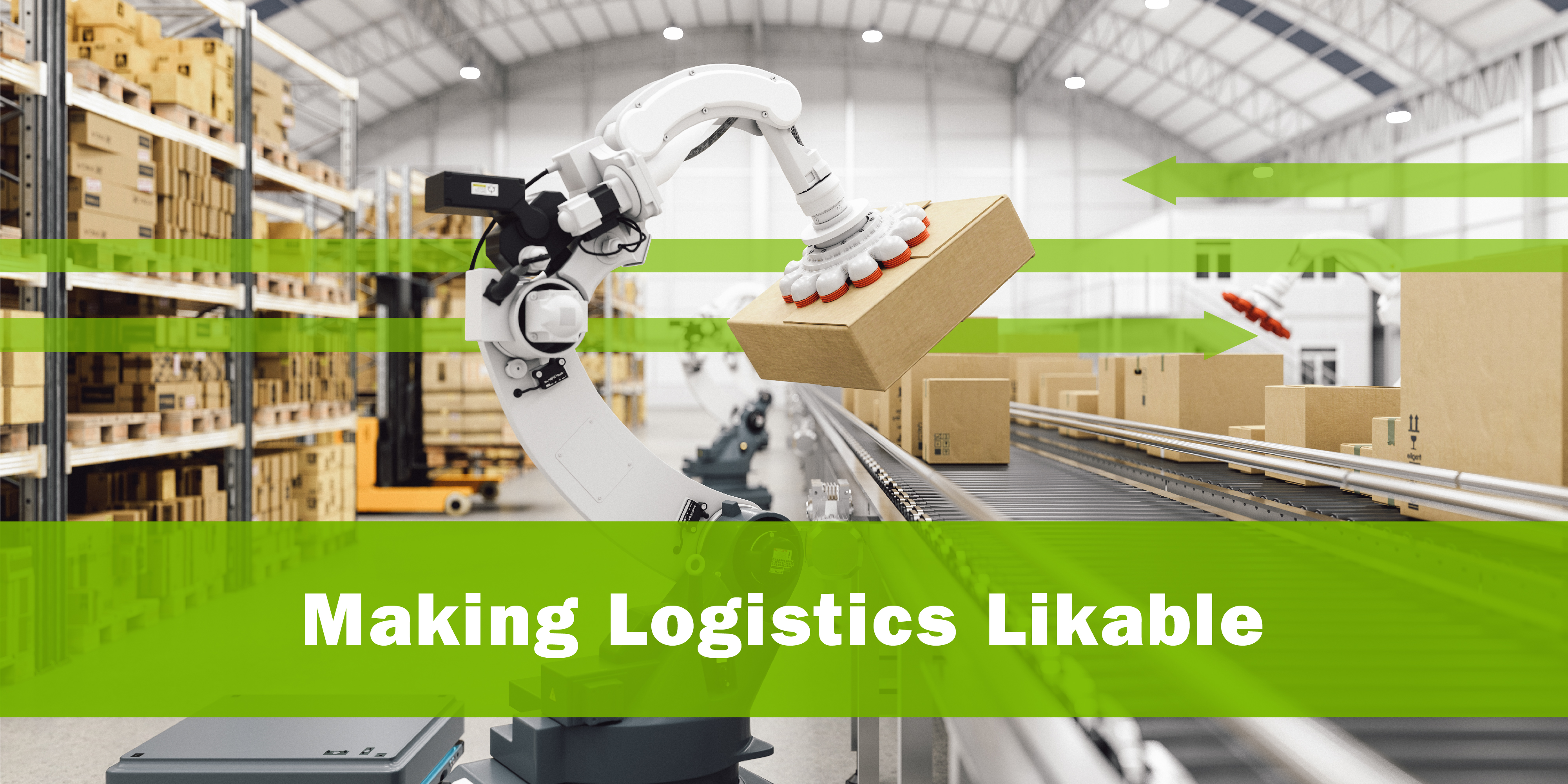AutoScheduler.ai CRO Jeff Potts featured in SME Media
Making Logistics Likable
Article Excerpt - Link to Article Here
Conducting the Orchestra
AutoScheduler.AI of Franklin, Tenn., which specializes in warehouse resource planning and optimization, aims to “dynamically orchestrate all activities on top of your existing WMS in real time.” Jeff Potts, the company’s chief revenue officer, notes that at least some of the current staffing shortages can be laid at the feet of recent reshoring initiatives.
“The historical school of thought said that if you could build it 15% to 20% cheaper outside the United States, it was most likely a win,” Potts says. “That figure’s begun to shift closer to 30% over the past decade or so, but it remains a false paradigm, and we learned the consequences of that thinking very quickly during the pandemic. This is why we’re seeing more companies of all kinds turn to domestic and near-shore suppliers, or bring work in-house.”
There’s more to this than broken supply chains, however. Potts suggests that spending a dollar on manufacturing in the U.S. puts approximately $2.80 back into the local economy. Add to this benefits such as shorter lead times and lower carbon emissions, and it quickly becomes clear that reshoring is good for consumers and manufacturers alike.
As a result, many companies are reevaluating their sourcing strategies, questioning whether they have the best locations for their distribution centers and what would happen if they manufactured somewhere other than Asia. “Businesses have begun to realize the importance of resiliency over cost,” Potts declares.
They’re also looking for ways to optimize their warehouse operations—to do more with less, and generate schedules in a scientific, repeatable manner that doesn’t rely on tribal knowledge or intuition. Such capabilities are quickly becoming crucial as logistics centers deal with increasing amounts of information from external sources—the trucking fleet’s GPS system, for example, or electronic communications from suppliers and customers—while also taking into account IIoT data and automation.
This is where the AutoScheduler.ai platform comes in. Potts refers to it as a means to “orchestrate” distribution center activities and make them more efficient. “Let’s say you’re managing a million-square-foot facility. There were supposed to be 100 people on the first shift but seven of them called in sick. There are 70 trucks waiting out in the yard and you’re anticipating another 35 inbounds by noon. They’re doing maintenance on Dock 7, two of the forklifts are down, and your best customer just asked to expedite a big order. In most organizations, a planner will pull data from their ERP, WMS or yard management system and say, ‘Okay, we have all this work to do today and all these obstacles to work around. What’s my best course of action?’”
A robust scheduling system, or what Potts calls a “constraint-based optimizer,” evaluates these everyday scenarios and answers the question just posed. It mathematically determines how to minimize warehouse travel distances and the number of times inventory gets touched, while maximizing two-way traffic and looking for cross-docking opportunities.
There are literally a lot of moving pieces in any supply chain, he points out, with more coming along every day. Says Potts, “We use AI to figure out the most efficient, cost-effective way to get the work done inside the four walls of that building, and can do so on a day-to-day or even an hour-to-hour basis. What’s more, the AI engine gets smarter over time. It keeps track of its decision-making steps and uses them on future runs, while also giving its human users a record of what happened and why.
“Capabilities like this will soon become both commonplace and extremely necessary as the industry deals with increased demands, variability and complexity in the supply chain,” he continues. “Companies without such tools will soon find themselves underwater.”


